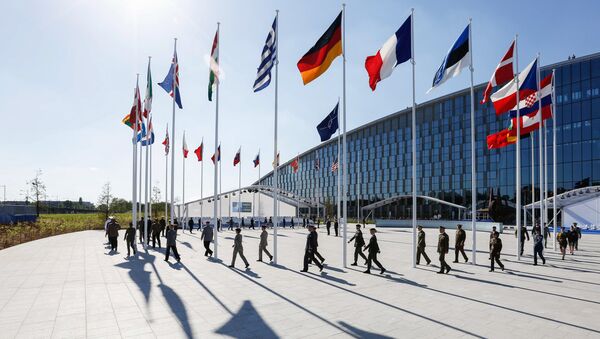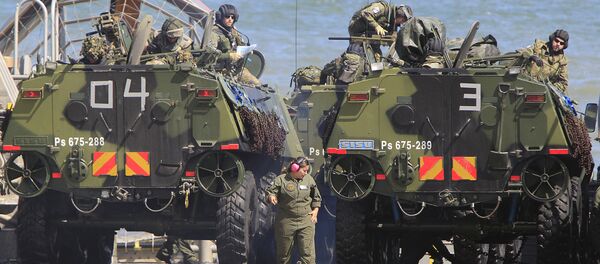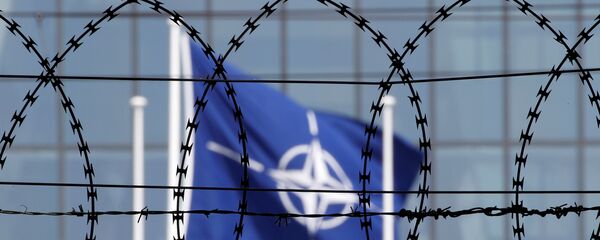The NRC serves as the principal structure and platform for advancing the relationship between Russia and NATO. Under the Council, Russia and NATO member states meet as equals "at 29," rather than in the bilateral "NATO+1" format under the PJC.
Under the Rome Declaration, Russia and NATO member states will work in the Russia-NATO Council as equal partners in areas of common interest. The Russia-NATO Council will provide a mechanism for consultation, consensus-building, cooperation, joint decision, and joint action for NATO member states and Russia on a wide spectrum of security issues in the Euro-Atlantic region.
Furthermore, the Declaration stipulates that NRC members, acting in their national capacities and in a manner consistent with their respective collective commitments and obligations, will take joint decisions and bear equal responsibility, individually and jointly, for their implementation.
Work in the NRC has been focused on the areas that were outlined in the Founding Act, and include the struggle against terrorism, crisis management, non-proliferation, arms control and confidence-building measures, theater missile defense, search and rescue at sea, military-to-military cooperation, defense reform and civil emergencies.
Until 2014, NRC meetings at the level of ambassadors and military representatives were held at least once a month and were chaired by the NATO secretary general. Twice a year, the NRC met at the level of foreign and defense ministers and chiefs of general staff, while also trying to met at the level of heads of state and government whenever possible.
The Preparatory Committee met twice monthly, or more often if necessary, to consider issues for subsequent discussions at the ambassadorial level and to monitor the operation of experts under the NRC.
The NRC has accumulated positive experience in joint actions against the common threats, such as terrorism, piracy, natural disasters and industrial accidents, as well as Afghanistan. At the same time, their views differ significantly on fundamental issues of national security, in particular, the US ballistic missile defense plans for Europe.
On April 1, 2014, NATO suspended all practical and military cooperation with Russia. However, it decided to keep channels of communication open in the NRC at the ambassadorial level and above.
In 2016, the NRC met for the first time in nearly two years at NATO’s initiative. The meetings were held at the ambassadorial level in Brussels on April 20, July 13 and December 19 to discuss the crisis in Ukraine, security issues in Afghanistan, and risks related to the NATO military build-up on Russia’s western border.
The first 2017 meeting of the NRC took place on March 30, during which the sides discussed terrorism and crises in Afghanistan and Ukraine as well as reciprocal transparency and risk reduction in the Euro-Atlantic area.





